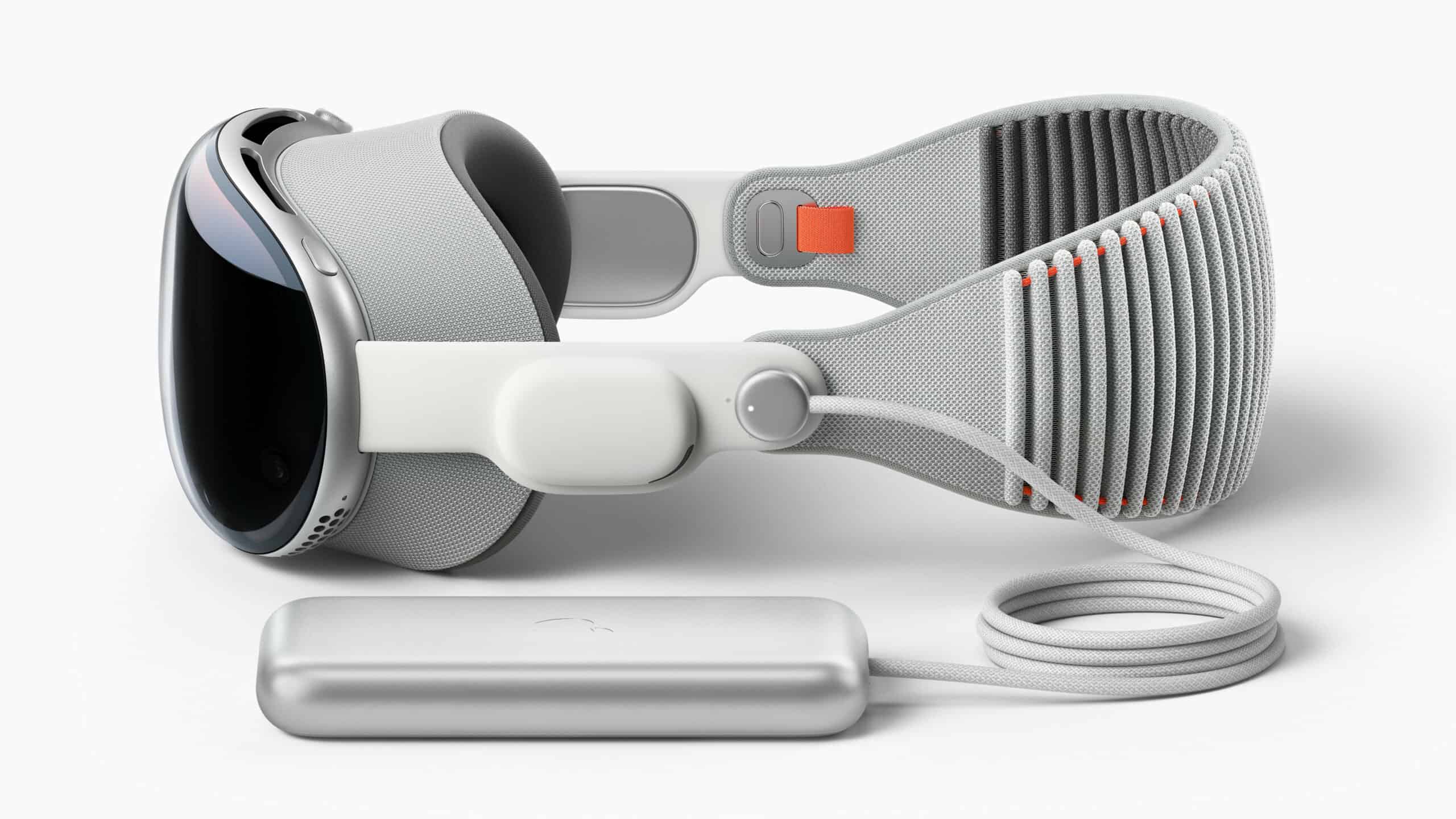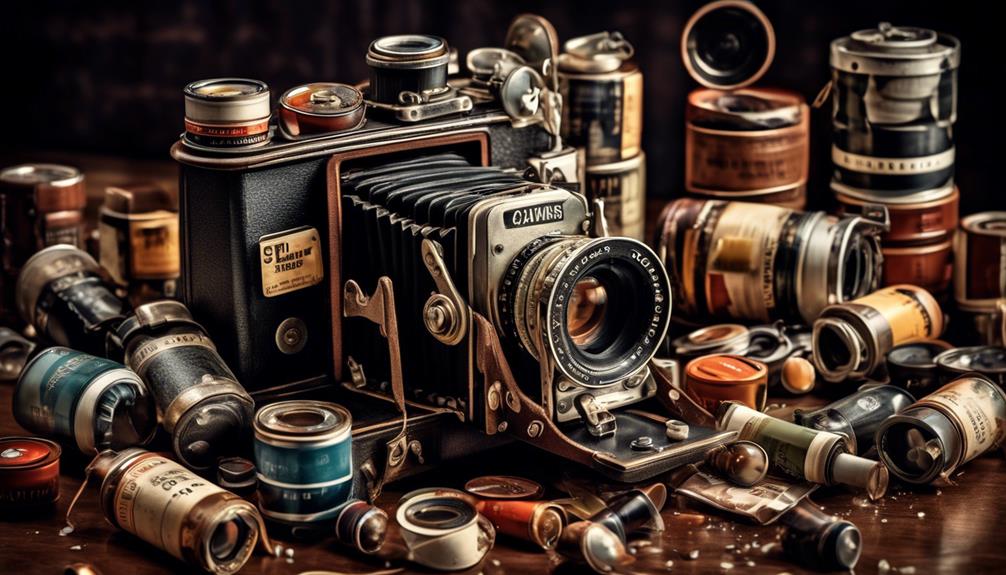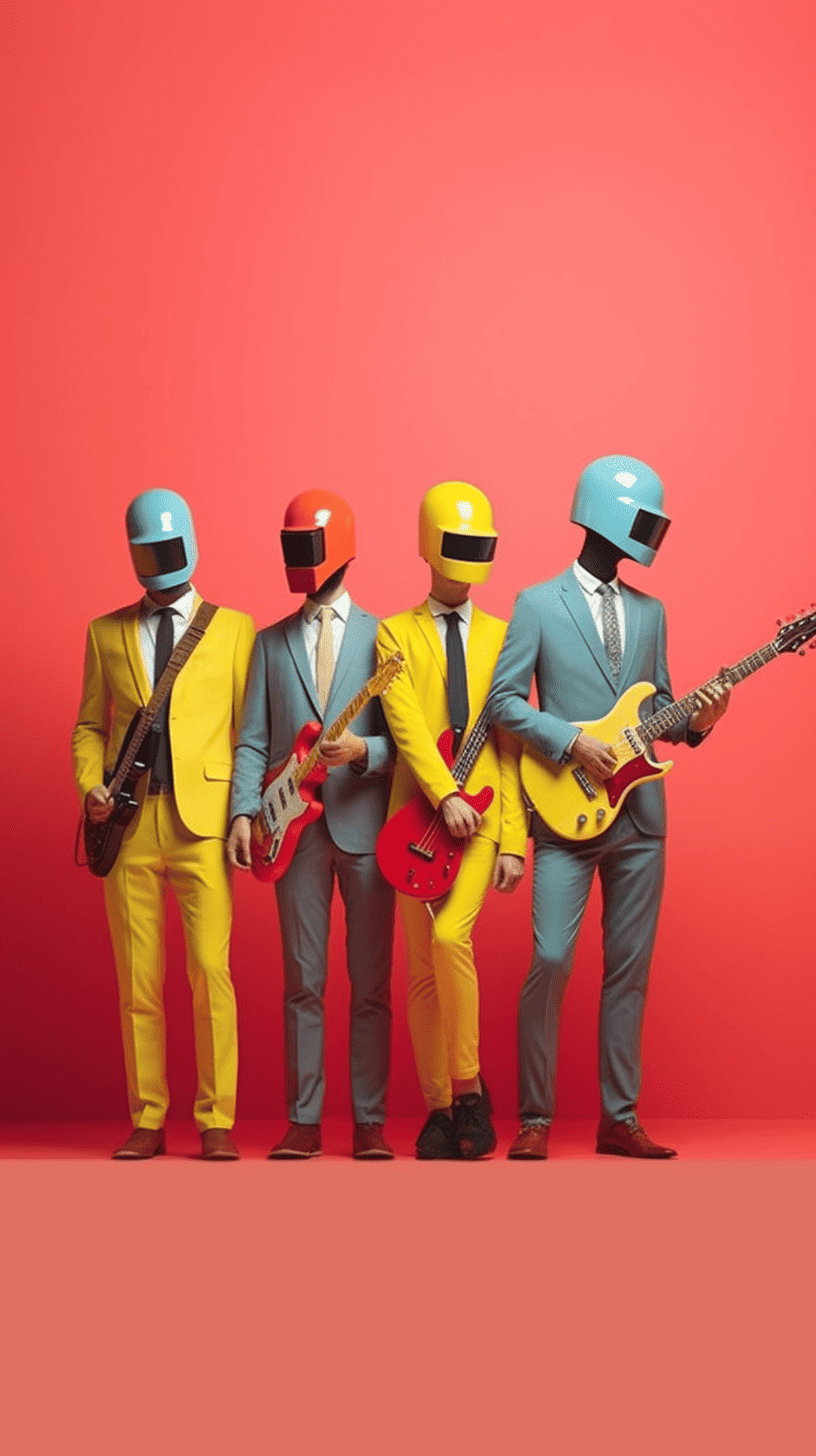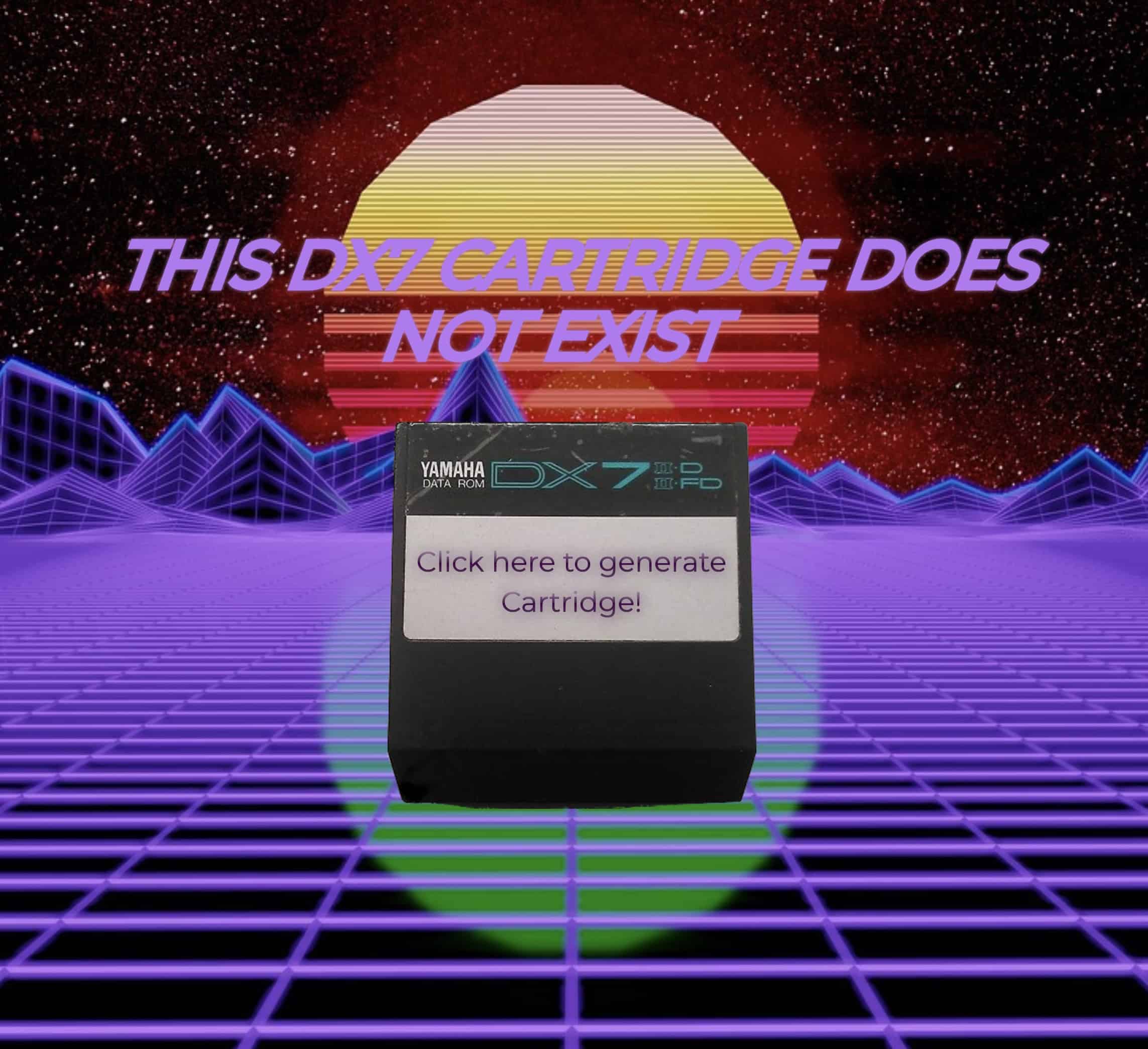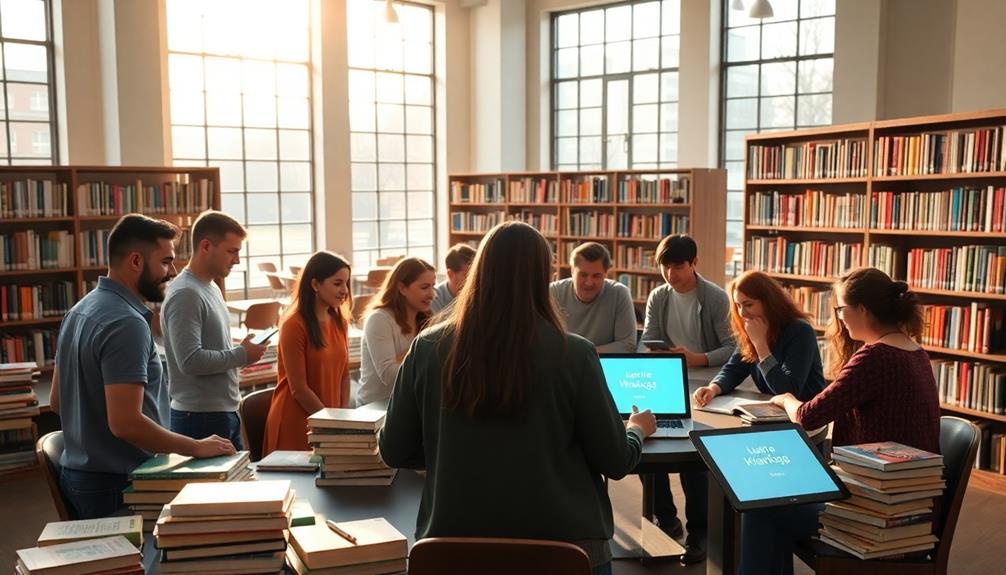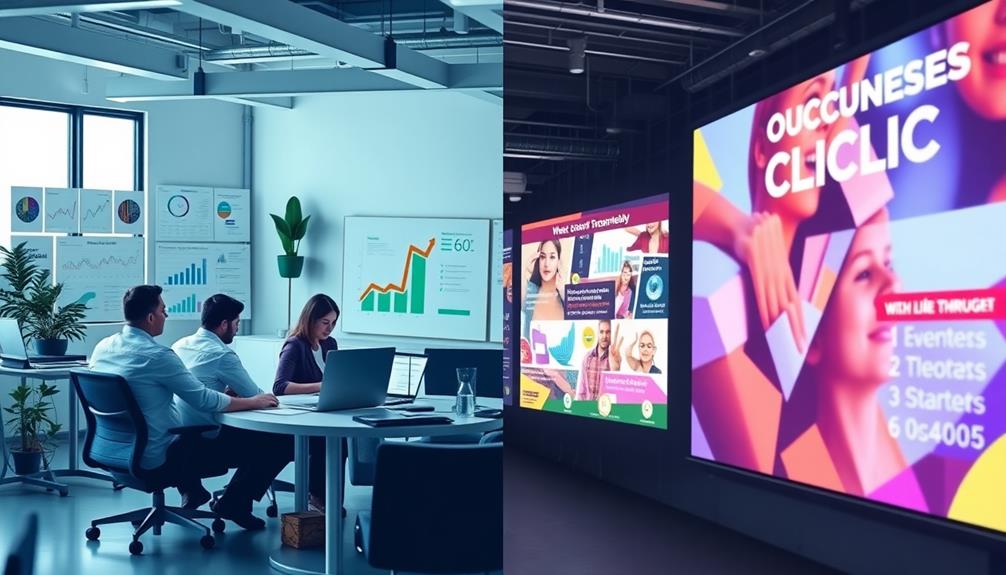The world of music is constantly evolving and its icons are often remembered for their distinct musical styles. From Drake’s catchy rap verses to Kurt Cobain’s grunge anthems, each artist has left a lasting legacy on the industry.
Now, with the emergence of artificial intelligence technology, it is possible to replicate these iconic sounds as if they were created by the original artists themselves. As AI continues to develop and permeate our lives, it is important to explore how this technology can be used within the music industry in order to create new experiences for listeners.
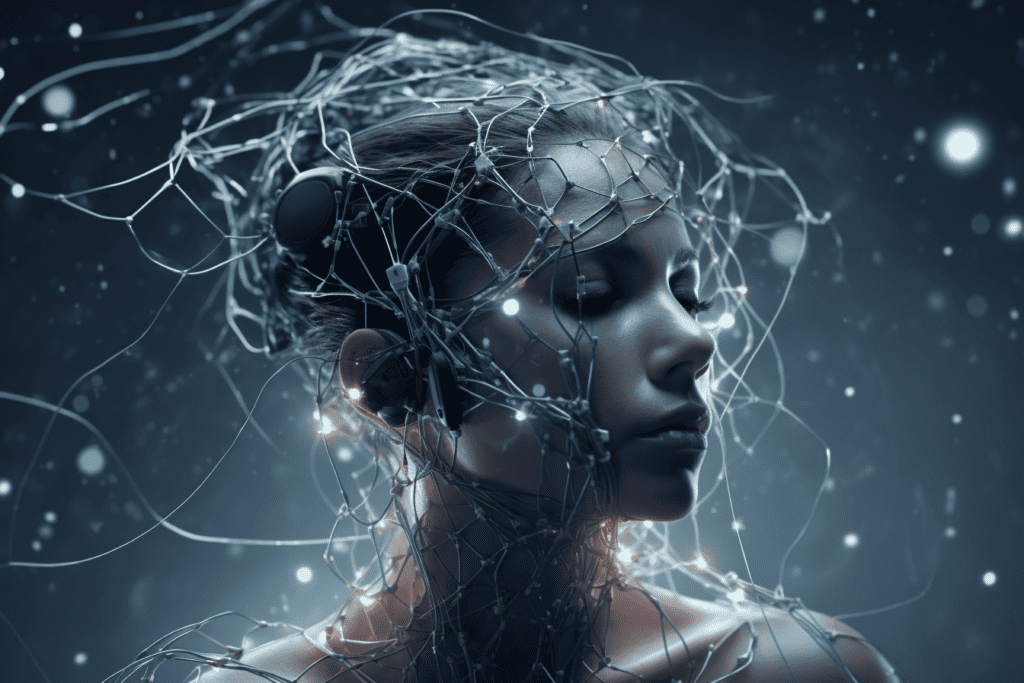
By harnessing its capabilities, we can open up a whole new world of possibilities that could revolutionize the way in which we interact with music and its creators. It’s time to dive into the fascinating journey between Drake and Kurt Cobain –where AI helps us uncover what lies beneath their iconic sounds.
What is AI Technology?
Artificial Intelligence technology has revolutionized the way we create and interact with music, allowing us to craft unique compositions and experiences that weren’t possible before.
AI presents new opportunities for musical exploration, but it also raises issues of ethics and data privacy. As AI becomes more powerful, it’s important to consider the implications of using this technology in creative endeavors such as replicating music icons. To ensure responsible use, there must be clear parameters around data collection, storage and usage that protect both creators and consumers from potential misuse or abuse.
At the same time, AI can open up possibilities for greater expression by allowing us to explore different soundscapes and compositions that were previously unimaginable. With careful consideration of ethical implications, AI could potentially help us create stunning works of art that pay tribute to our favorite artists while creating something entirely new.
How AI is Being Used to Replicate Music Icons
You might be wondering how technology is being employed to recreate the signature sounds of beloved musicians. With advances in AI, it’s becoming possible to bring the musical stylings of famous figures back to life.
From Drake to Kurt Cobain, AI-generated music emulates the unique sound and style of iconic performers. But what are some of the ethical considerations when creating digital copies of music copyright holders?
AI-generated music provides a platform for producers and engineers to explore new soundscapes while granting access to artists who may have passed away. However, there are risks associated with using this technology that must be carefully considered.
Copyright laws must be taken into account and proper compensation given for works created by AI programs that closely resemble original recordings by famous musicians. As such, it’s important for creators to understand their legal rights and responsibilities when dealing with ai-generated music before utilizing these powerful tools.
With this knowledge in hand, we can move forward positively in our exploration of AI’s potential as an artistic tool without sacrificing any individual’s or group’s intellectual property rights.
Benefits of AI-generated Music
Capturing the essence of beloved musicians, AI-generated music is giving us a chance to bring their unique sounds back to life and immerse ourselves in their creative genius.
With its unparalleled accuracy, AI has enabled us to replicate the exact musical nuances that made these iconic artists so special. From the intricate guitar solos of Jimi Hendrix to the hazy vocal melodies of Kurt Cobain, AI has helped bridge the gap between past and present by allowing us to experience these legendary performers’ music with an unprecedented level of authenticity.
But beyond just replicating music accurately, AI can also be used as a tool for creativity. By merging machine learning algorithms with human intuition, we are able to unlock new possibilities in musical composition that were not possible before.
This combination of artificial intelligence and human touch results in unique soundscapes that still maintain the musical integrity of its source material while simultaneously pushing it into uncharted sonic territory – something only achieved previously through long hours spent in the studio experimenting with different instruments and effects.
Challenges of AI-generated Music
Despite the potential of AI-generated music to create something truly unique, it still faces its fair share of challenges – from maintaining musical authenticity to ensuring that the resulting soundscapes remain musically cohesive.
For instance, an AI algorithm may be able to accurately replicate a particular artist’s style, but it will likely lack the creative interpretation and nuance of a human musician. It is also difficult for an AI program to sense when certain elements or rhythms may not fit together harmoniously or might disrupt the overall flow of a piece.
As such, there is a risk that AI-generated music can become too repetitive and lack any real emotional connection with listeners. The inability to capture emotion is another key challenge facing AI-generated music.
Without the capacity for empathy and feeling, AI algorithms are unlikely to ever be able to replicate the complex emotions often expressed in great works of art by humans. As such, many feel that using AI-generated music as part of a live performance would detract from its impact and ultimately fail to connect with audiences on an emotional level.
This could have serious implications for both musicians and venues alike in terms of how they approach creating a meaningful musical experience.
Implications of AI in the Music Industry
With AI-generated music becoming increasingly accessible, it begs the question: what will be the implications for the music industry?
From a legal standpoint, this could have an effect on both music piracy and copyright laws. AI-generated music could present new challenges in terms of protecting intellectual property rights and preventing infringement.
Additionally, AI-generated music opens up opportunities for new revenue streams as creators can monetize their work while still having full control over the process.
The potential impact of AI-generated music on existing business models is yet to be seen, but it could lead to increased competition in the market and create more options for consumers. This could lead to lower prices as more companies enter into the fray and offer cheaper alternatives that are tailored to specific needs or preferences.
Furthermore, AI-driven tools may make it easier for musicians to create their own content without having to rely on expensive studios or experienced producers. Ultimately, this could result in a democratization of the music industry where smaller artists have more access to resources than ever before.
Frequently Asked Questions
What is the cost of using AI to replicate music icons?
The cost of using artificial intelligence to replicate music icons can be quite high when considering the legal implications involved. AI technology is a complex field and requires expertise in order to create a realistic replication of an artist’s sound, style, and persona.
The legal landscape surrounding this type of technology can be costly due to the need for licensing agreements and ensuring that all copyright laws are adhered to. As such, companies looking to utilize AI for replicating music icons must consider the cost implications before embarking on their journey.
With careful planning, however, these costs could arguably be worth it as businesses look to tap into new audiences through innovative technologies.
What are the ethical implications of AI-generated music?
As artificial intelligence evolves, so do the ethical implications of its use in the music industry.
From cultural to legal to even moral considerations, AI-generated music invites a wide range of questions.
What will be the impact of computer-generated songs on creativity? And what can we do to protect artists’ rights while still encouraging innovation?
These are just a few of the thought-provoking queries that AI’s advances in musical replication raise, calling for careful consideration and creative solutions.
How does AI-generated music compare to traditional music production?
As AI technology continues to progress, so does its ability to generate music. With advances in sound quality and data analysis, AI can now replicate the production of traditional music with surprising accuracy.
Through deep learning algorithms and powerful computer processing systems, AI-generated music has become an effective tool for artists looking to explore new soundscapes while maintaining their signature style.
As the possibilities of what can be achieved with AI-generated music continue to expand, it’s clear that the relationship between traditional and artificial production is becoming more intertwined than ever before.
Is AI technology able to accurately recreate the nuances of a particular music icon’s style?
As AI technology advances, the implications of automation on public perception are becoming more apparent.
With this in mind, I explored whether AI is able to accurately recreate the nuances of a particular music icon’s style – a feat that can be likened to ‘finding a needle in a haystack’.
After conducting an in-depth analysis of both traditional and AI-generated music production techniques, I concluded that while AI cannot replicate every detail perfectly, it has indeed come close enough to satisfy our subconscious desire for innovation.
Are there any copyright issues associated with AI-generated music?
As AI technology advances, the question of copyright protection for music generated by machines can’t be ignored.
With increasing possibilities for AI to accurately replicate the nuances of a particular music icon’s style, there is an urgent need to create legal regulations that protect both musical integrity and intellectual property rights.
Such regulations must also take into account the potential implications of using AI as a form of creative expression while at the same time taking into account industry standards and interests.
As such, it’s essential that governments and legal organizations work together to develop comprehensive laws surrounding AI-generated music.
Conclusion
AI technology is rapidly changing the way we interact with music.
From Drake to Kurt Cobain, AI has been used to replicate famous music icons and create unique compositions that wouldn’t have been possible before.
While this technology may seem like a distant future, it’s already here and will continue to develop in the years to come—opening up a world of possibilities for musicians.
As AI progresses, it’ll be interesting to see how these advancements affect the industry and shape our relationship with music.
It’s like peering into a crystal ball—we can only imagine what musical masterpieces lie ahead!

